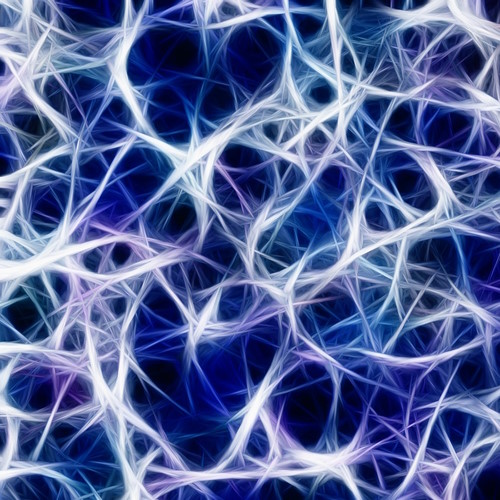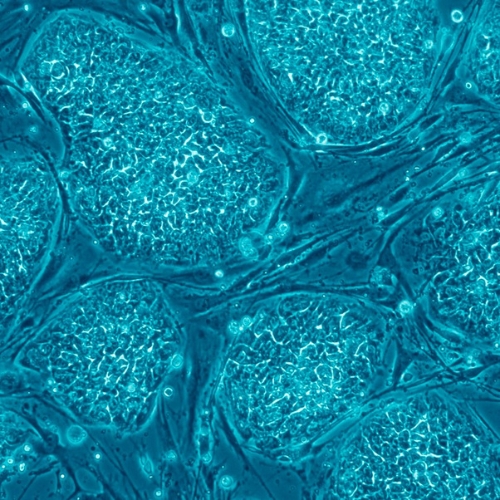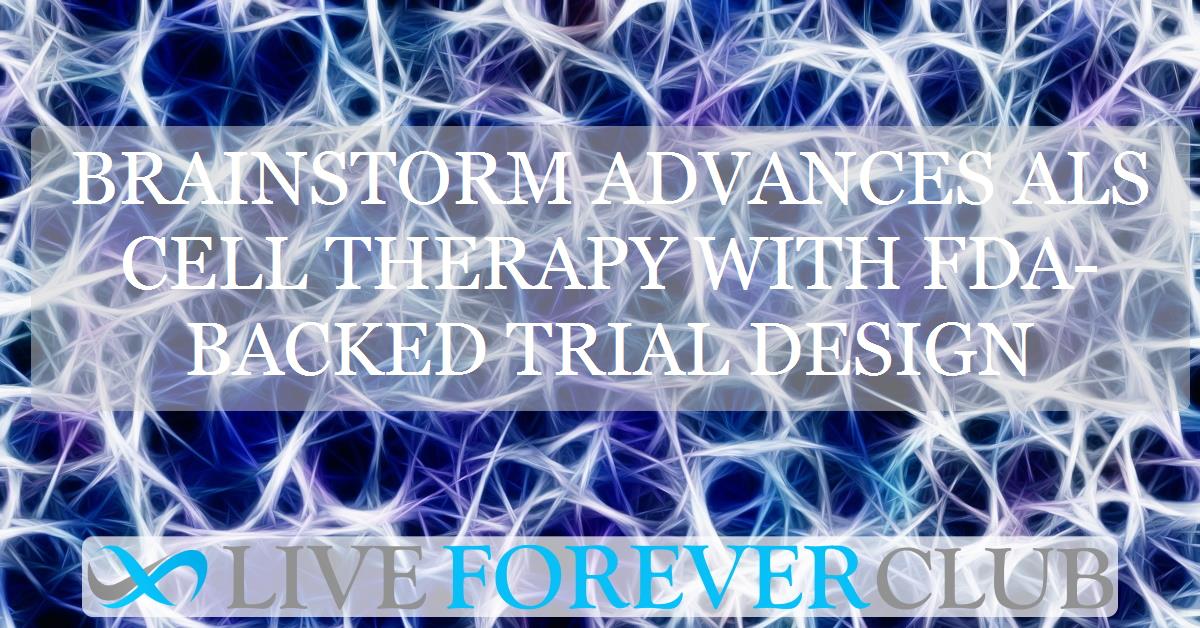Key points from article :
BrainStorm Cell Therapeutics has taken a major step forward with its investigational ALS therapy, NurOwn (debemestrocel), aligning with the FDA on key manufacturing and regulatory aspects for its upcoming phase 3b clinical trial. The therapy uses autologous mesenchymal stem cells to deliver neurotrophic factors that may support neurons in ALS patients. This milestone comes after resolving complexities in the manufacturing process, a critical challenge for cell therapies, setting the stage for a trial designed to support a future biologics license application (BLA).
The two-part, multicentre trial, BCT-006-US, will focus on individuals in the early stages of ALS, with symptoms that began within the past two years. Approximately 200 participants will be randomized to receive either NurOwn or a placebo in the first 24-week phase, featuring three intrathecal injections spaced eight weeks apart. A second open-label phase will allow eligible participants to continue receiving NurOwn. Researchers will evaluate changes in ALS Functional Rating Scale-Revised (ALSFRS-R) scores as the primary endpoint and examine biomarkers related to neuroinflammation and neuroprotection.
This trial follows earlier challenges, as a previous phase 3 study failed to meet its primary or secondary endpoints. However, BrainStorm remains optimistic, drawing on new insights and tighter collaboration with regulatory bodies. By enrolling patients earlier in their disease course and ensuring robust study protocols, the company aims to address unmet needs in ALS treatment and move closer to securing FDA approval for NurOwn.





